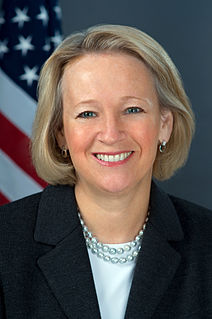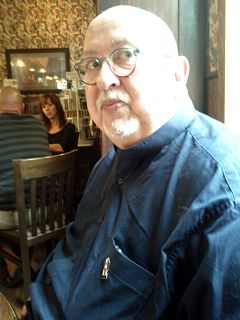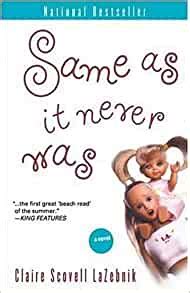A Quote by Robert Silverberg
Three Rules for Literary Success: 1. Read a lot.
2. Write a lot. 3. Read a lot more, write a lot more.
Related Quotes
You have to resign yourself to the fact that you waste a lot of trees before you write anything you really like, and that's just the way it is. It's like learning an instrument, you've got to be prepared for hitting wrong notes occasionally, or quite a lot, cause I wrote an awful lot before I wrote anything I was really happy with. And read a lot. Reading really helps. Read anything you can get your hands on.
Read a lot. But read as a writer, to see how other writers are doing it. And make your knowledge of literature in English as deep and broad as you can. In workshops, writers are often told to read what is being written now, but if that is all you read, you are limiting yourself. You need to get a good overall sense of English literary history, so you can write out of that knowledge.
































